 |
 |
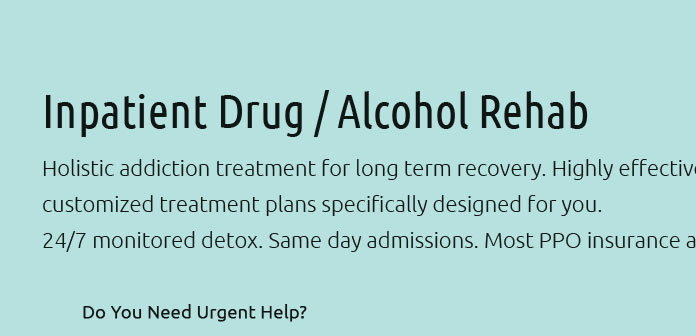 |
 |
 |
 |
||
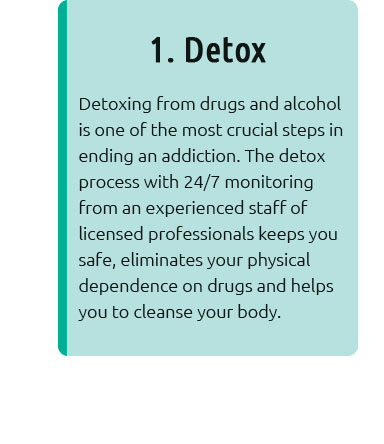 |
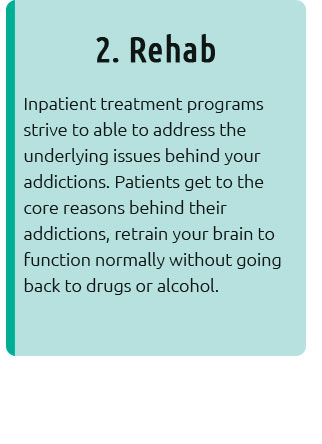 |
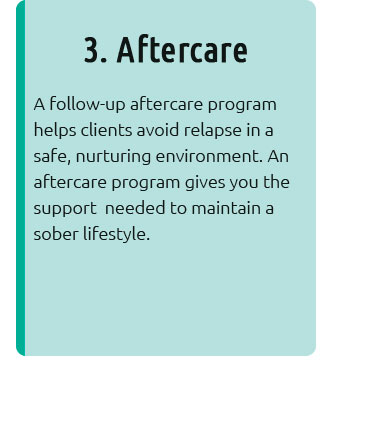 |
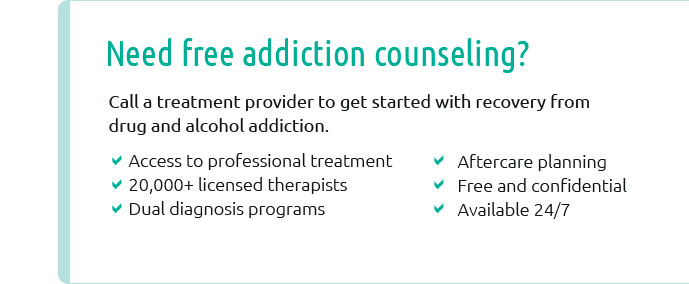 |
 |
 |
 |
||
 |
||
 |
||
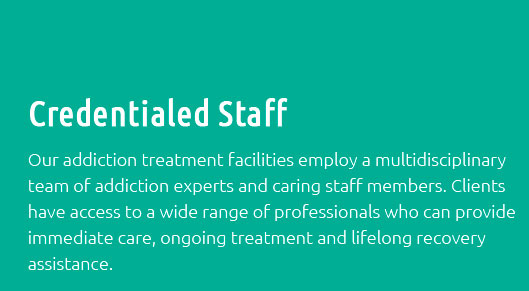 |
 |
 |
|
 |
|
|
Welcome to a new beginning at our inpatient drug and alcohol rehab, where transformation isn't just a possibility-it's a promise; here, rehabilitation for alcohol addiction is not a one-size-fits-all approach, but a personalized journey crafted by a dedicated team of experts who understand that each story is unique, empowering you to reclaim your life with resilience, dignity, and hope, because at our facility, we don't just treat addiction; we ignite a profound change that lasts a lifetime.
https://www.sanctuarylodge.com/alcohol-rehab/
Effective alcohol rehab can help you take your life back from the clutches of addiction. Learn more about alcohol addiction treatment and ... https://socal.salvationarmy.org/southern-california/drug-and-alcohol-rehabilitation/
Your donations support free programs that offer supportive services for fighting alcohol and drug addiction in Southern California. Find a rehabilitation. https://rehabsuk.com/addictions/drug/alcohol-addiction/
Alcohol rehab is a process designed to help individuals who are struggling with alcohol addiction or alcohol use disorder (AUD) overcome their dependence on ...
|